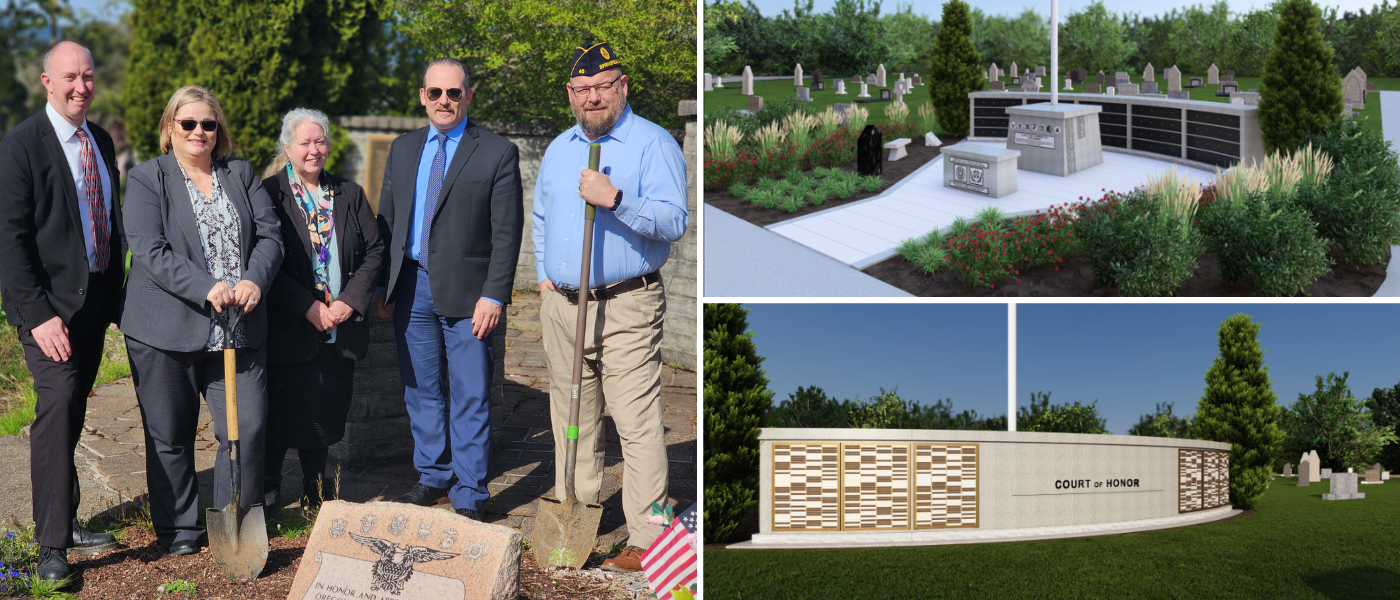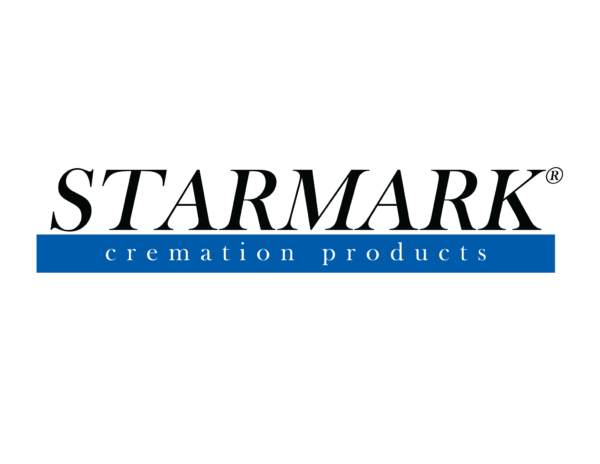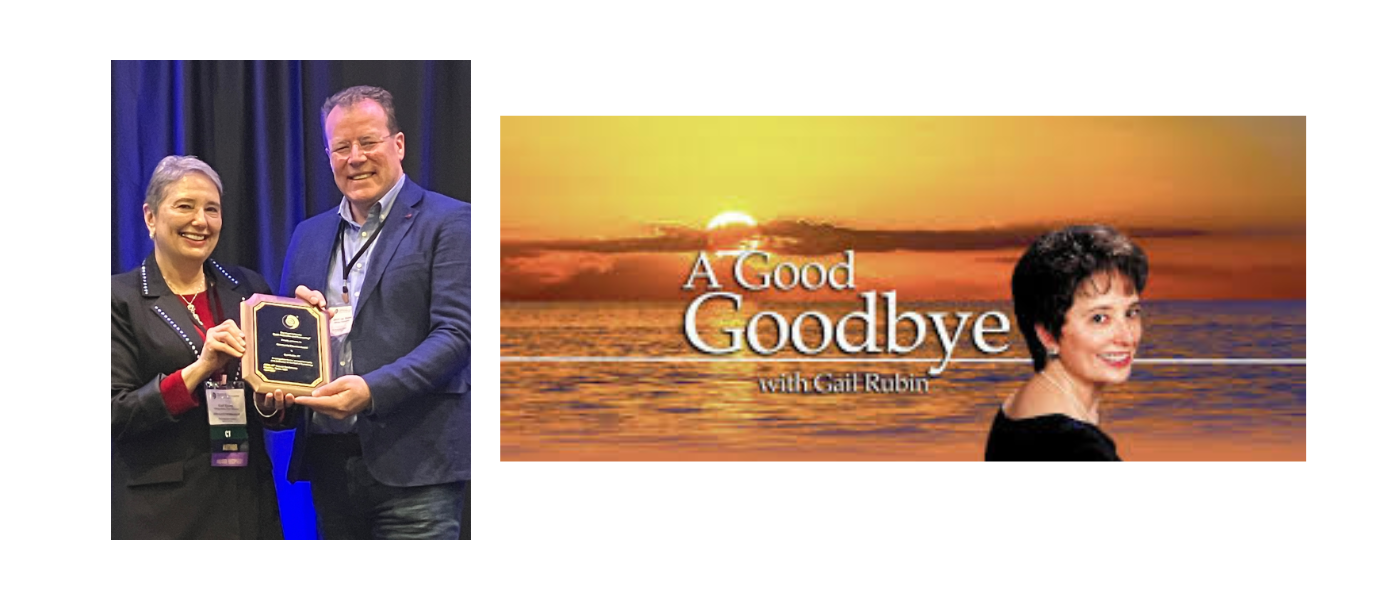Email sins by today’s funeral directors
Originally Posted on the Aftercare.com Blog
Most funeral directors send and receive email. Most don’t do a good job of it. Challenge yourself to get better at using email with the families you serve and to embrace the power of email for marketing purposes.
Get a Real Email Address
You need a real email address. Real, meaning professional. The email yourname@yourfuneralhome.com is professional, you@hotmail.com is not. Neither is using a personal email you’ve had for years like bearsfan2@aol.com. Email addresses offered by your internet service provider are not professional either. If your website is abcfuneralhome.com, your email needs to be you@abcfuneralhome.com and not you@charter.net. Your website provider can set up professional email accounts for you and your staff. Picture this for a minute. You are at Bank of America getting a mortgage and the banker asks you to email in a document. She gives you the email address: tylersmom2@aol.com. Is that professional?
Get Your Own Email Address.
Each director needs their own email address. Do not use one email for the whole funeral home. Funeral homes don’t have email addresses, people do. You don’t send an email to a business, you send to a person. A funeral home doesn’t respond to an email, a person does. There is nothing wrong with having an email like staff@yourfuneralhome.com that you might put on your website, but each director still needs their own address. You should put that director’s email next to his or her name on the staff page of your website. Make it easy for families to reach a particular director by email. One email for the whole firm is analogous to the whole office sharing a pen.
Respond Quickly
Use a smart phone. Email is not “checked” anymore, it is delivered instantly on your computer, your phone, your iPad, etc. Saying you haven’t checked your email lately is like saying you didn’t hear the phone ring. Email is simply too convenient to ignore its value. You may not think it’s personal but what you think doesn’t really matter. It’s convenient for the families you serve, even if you don’t believe it. Email is quick, takes less time than a phone call and can get a lot of small things taken care of quicker than you and a family playing phone tag. Behind the scenes of a funeral is logistics handled by a lot of back and forth between you and the family. Email can make this a little smoother.
Use a Professional Signature
Don’t sign your emails “Jim.” Every email coming from every employee at the firm should have a professional signature that is consistent throughout the firm. A good signature gives contact information such as telephone numbers, addresses, etc. You can also have a logo or company tagline but be careful not to put too much as it will look noisy. Search Google for email signatures for ideas.
Write Better Subject Lines
If people were arrested for bad email habits, this would be a felony and prisons would be overcrowded. “Hey,” is not a subject line. Neither is “today”, “your mom”, “call”, or any other one word, no idea what they mean, subject lines used every day by funeral directors. “The funeral program proof is attached, please review” is a good subject line. “Link to preview tribute video” is a good subject line. Good subject lines should tell what the email is about without opening it.
Use “Out of Office” Replies
Out of office replies show respect to the sender. You can set most email programs to send automatic replies when you are out of the office. These are typically used for extended periods of time off and aren’t used for daily or weekly use. However, they are very useful in the 24/7/365 funeral profession. It’s assumed that if you email your banker on a Saturday that you are not going to get a response until Monday. Funeral directors hardly work banker’s hours so it’s hard to say when you are on or off work. If you are off work for 2 days, set an auto reply saying you are out of the office and direct them to call the office for assistance. This quick response will be appreciated by those who email you and might be waiting for a response.
“Our Families Don’t Want Email”
Have you asked them? Consider for a moment the average arrangement. The father has passed in his 70’s or 80’s. The widow, her two sons, daughter and her husband are in your office. Everyone except the widow has an email address (she might) and most in the room have a smart phone. Email is not foreign to this family. The roadblock to using email more effectively is not put up by the family. It’s put in place by the funeral director.
Five Ways You Might Use Email with a Family
- During the arrangement, why not ask for everyone’s email? Offer to keep everyone in the loop by email as you progress through the next few days. There is a good reason to capture email addresses from as many family members as you can (more on that later).
- A few hours after the arrangement, send the group an email thanking them for putting their trust in your firm and letting them know to email or call you with even the smallest question. Recap what the plans are and what is going to happen in the next few days. Include reminders – bring photos for video, songs for funeral, etc. You can set up a template to make this quicker for each service.
- During preparations for the service, you might email a proof of the program, a preview of the video tribute or just a reminder email about the schedule for the day of their loved one’s service. Emails like this give comfort that you are taking care of everything and they need not worry about the details.
- After the service, you can send an email telling them how beautiful the service was and thank the group for their contributions.
- Send follow up emails periodically to let them know you are thinking of them during this holiday season or anniversary of the death or just to remind them of aftercare services available or events they might want to attend.
Build Your Email List
Funeral homes now are all focused on Facebook, Twitter and building audiences on both. While that is good, an email list may turn out to be more valuable over time.
Facebook could be replaced one day (remember MySpace?) and won’t be the shiny object forever. Email, however, usually doesn’t change. If you have a list of email addresses of family and friends you have served, there is a golden opportunity to reach out to a targeted list with newsletters, events, etc. Social networks should be a part of your overall marketing strategy, but not using email to stay in touch is a mistake.




